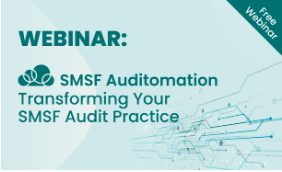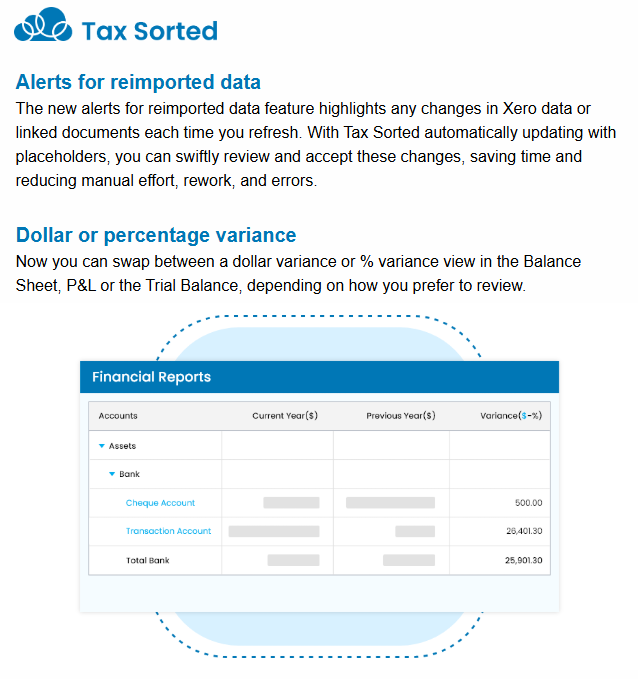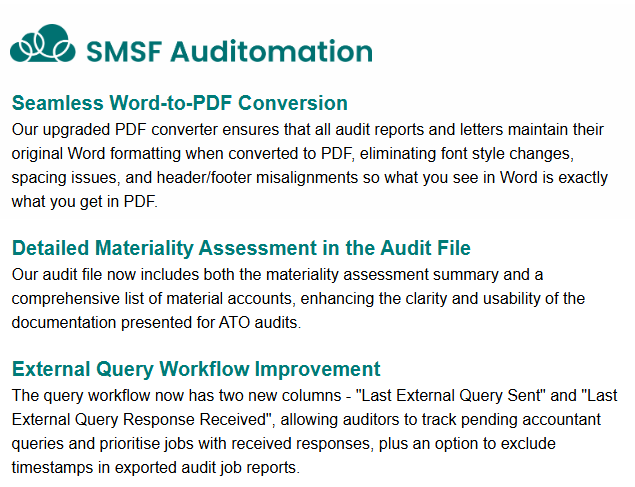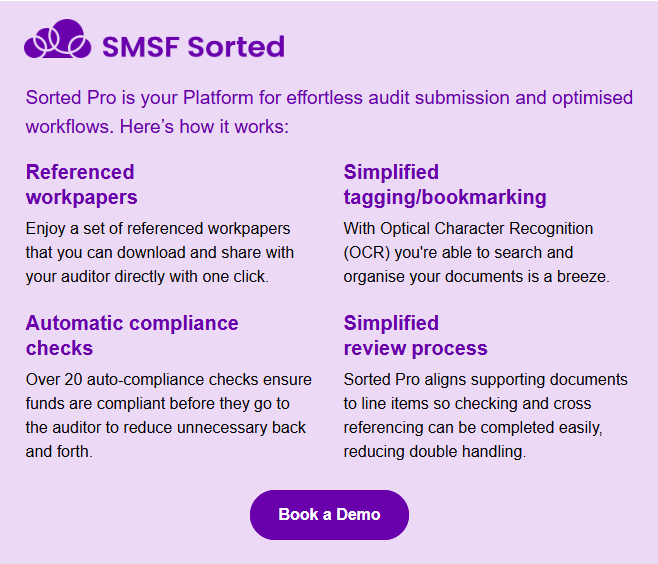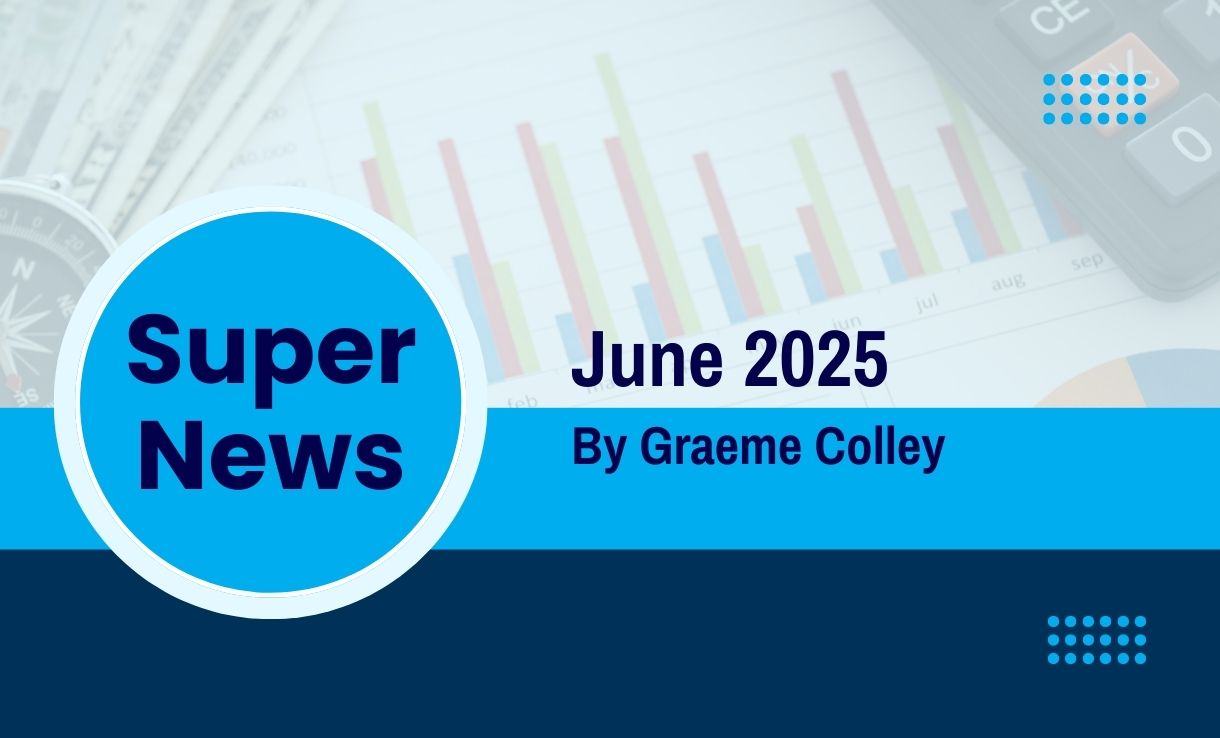Division 296 – the $3 million super catch
With the May Federal election now out of the way, the first thing to raise its head was the previously announced change to increase the tax on super for anyone with a balance of more than $3 million. As the proposal is not law the sensible thing to do is wait until we see the final legislation before making a final decision.
In broad terms, the original proposal was intended to:
- apply from 1 July 2025 on increases in a member’s adjusted total superannuation balance
(TSB) where the balance at the end of the year is greater than $3 million,
- levy a 15 per cent tax on the proportion of the growth in an individual's “superannuation
earnings”, including unrealised capital gains,
- not apply to reductions in the member’s TSB at the end of the financial year. Negative
earnings above the $3 million cap are quarantined and used to offset future earnings in a
later year of income, and
- be levied directly on the member who has the option to elect that the tax is paid personally
or paid from the balance in their superannuation fund.
The proposal has been criticised for a number of reasons. Two main concerns are:
- the taxation of the ‘growth’ element in a member’s TSB over the year of income including
the imposition of tax on unrealised capital gains on a year-by-year basis, and
- the lack of indexation of the $3 million threshold.
It is difficult to predict when the impact of the proposed tax will become an issue as it depends on the final law when it is passed, the member’s circumstances, such as the amount they currently have in super, the investment performance of the fund and the level of super contributions made for the member.
Before alternative arrangements to superannuation are considered it may be worthwhile to take advantage of the current superannuation rules to reduce or possibly eliminate the effect of the proposed tax if it becomes law.
Payday Super – Wages and Super to be paid together
It is estimated that there is a significant short fall of about $5.2 billion in employers making SG contributions for their employees. This has led to the introduction of Payday Super which is due to start from 1 July 2026. Draft legislation was released by the government on 14 March for industry consultation and feedback.
SG contributions are required to be made at least each quarter, but the introduction of Payday Super will require that employers pay super contributions for employees within 7 days of paying their salary and wages. This is a much tighter regime as the current system allows employer contributions to be made up to 28 days after the end of each quarter. If Payday Super does commence on 1 July 2026 as proposed, employers should consider improving their systems and increase the frequency making SG contributions for employees. The legislation provides a transition period commencing from the time the legislation is passed to 1 July 2026 which is the commencement date for Payday super.
Employers are in a bind as they are faced with a choice of being early adopters and changing their systems in advance of the commencement day or waiting for the legislation to pass and adopting the start date set out in the law.
Anyone who engages an employee within the extended definition of the SG legislation should keep up-to-date with Payday Super developments and how they will meet the challenge of a new law.
Financial year end work – a last-minute reminder
It’s not long before the end of the financial year is here and clients and their advisers should be thinking about what needs to be done this financial year or wait until early in the next one. Of course, before 30 June this year minimum pension requirements must be met and any contributions are actually received by the fund’s bank account by 30 June.
Account based pensions
Anyone receiving an account-based pension must be paid at least the minimum amount which depends on their age and whether it commenced or ceased during the year. Remember, is not compulsory to pay the minimum amount of an account-based pension or TRIS for the financial year if it commences on or after 1 June.
Contributions
Super contributions must be received by the fund on or before 30 June 2025. Any contributions received after that time will count towards the 2025-26 year. This could result in excess contribution tax for that year if the concessional or non-concessional contribution thresholds are exceeded. If the contributions are made by the transfer of assets (in specie contributions) it is important to ensure they are valued at their market value as required by the ATO guidelines.
Tax deductions for GIC and SIC not available from 1 July 2025
Tax deductions for General Interest Charge and Shortfall Interest Charge have been removed from 1 July 2025 for any charges claimed. This may impact if either charge is imposed on:
- Employers making late SG payments,
- SMSFs with late or amended returns, and
- Members incorrectly claiming deductions for super contributions.
The information in this article is intended to be general in nature and is not personal financial (or financial product) advice. It does not take into account the objectives, financial situation or needs of you or your client. Before acting on any information, you should consider the appropriateness of the information provided having regard to the objectives, financial situation and needs of you or your client.
In particular, you should seek independent professional advice prior to making any decision based on the information provided in this blog.
You should consider the appropriateness of this information having regard to the individual situation and seek taxation advice from a registered tax agent before making any decision based on the content of this blog.
Any examples and calculations within this blog are provided for illustrative purposes only. They should not be relied on. Viewing the content provided, is considered as acknowledgement,
acceptance and agreement to this Disclaimer and the contents contained within.
